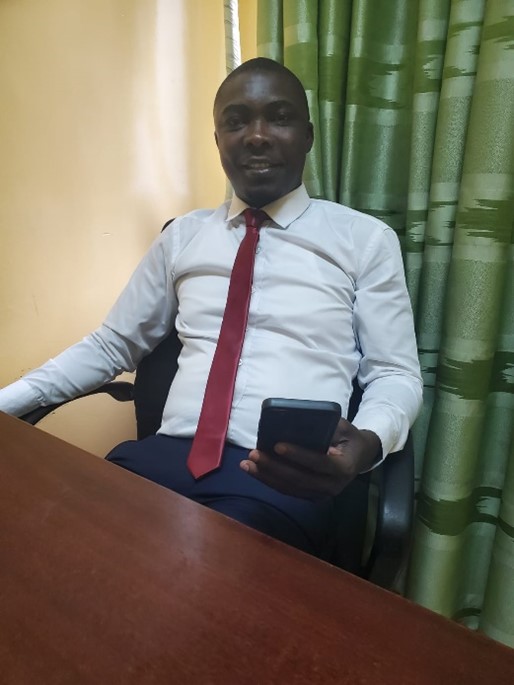The education system in Grand Kru County, Liberia, is facing a significant challenge due to a substantial number of teachers abandoning their posts. A recent headcount conducted by the County Education Officer (CEO), Josiah S. Nagbe, revealed that 123 teachers assigned by the Ministry of Education (MoE) were inactive or absent from their assigned schools. Of this number, 56 teachers were confirmed to have either died, retired, or resigned, leaving a considerable gap in the teaching workforce. The remaining 67 absent teachers have been given a one-month ultimatum to return to their classrooms by June 1, 2025, or face replacement. This decisive action underscores the county’s commitment to addressing the teacher shortage and ensuring the continuity of education for students in Grand Kru.
To mitigate the immediate impact of the teacher shortage, the county is planning to fill the 56 vacant positions with volunteer educators. This initiative highlights the importance of community involvement in supporting the education system and ensuring that students have access to qualified instructors. Last year, 149 volunteer teachers were profiled, and 63 of them are now slated for employment by the central government. This infusion of new teachers will significantly bolster the teaching force and provide much-needed support to schools across the county. Furthermore, an additional 56 volunteer teachers are currently undergoing a screening process for potential employment. If successful, this will bring the total number of pending volunteer teacher appointments to 118, demonstrating a proactive approach to addressing the teacher shortage.
Beyond filling immediate vacancies, the county is also focused on long-term capacity building within the education system. There are currently 31 volunteer teachers in the system who are awaiting future employment opportunities. This pool of prospective teachers represents a valuable resource for the county, ensuring a pipeline of qualified individuals ready to step in as needed. Additionally, 23 in-service teachers are currently pursuing further education both inside and outside Liberia, while remaining documented in the system. This commitment to professional development underscores the county’s dedication to enhancing the quality of education and providing teachers with opportunities for growth and advancement.
The CEO, Josiah Nagbe, has emphasized that the ongoing payroll cleanup is not politically motivated, addressing rumors that have been circulating within the county. This clarification is crucial to maintaining public trust and ensuring that the focus remains on improving the education system for the benefit of students. Nagbe has also acknowledged the long-standing challenge of attracting and retaining qualified teachers in Grand Kru, particularly in critical subject areas such as Biology, Chemistry, Mathematics, and Physics. This shortage of specialized teachers has had a significant impact on student performance, particularly in public examinations.
The historical context of the Liberian civil war further exacerbates the challenges faced by the education system in Grand Kru. The 14-year conflict, which ended nearly 22 years ago, significantly disrupted education and left a lasting impact on the availability of qualified teachers and resources. Students in Grand Kru have consistently underperformed in public exams due to the lack of qualified teachers, particularly in the sciences. This highlights the urgent need for continued investment in education to overcome the legacy of conflict and provide students with the opportunities they deserve.
The concerted efforts to recruit and retain teachers, coupled with the focus on professional development, demonstrate a strong commitment to strengthening the education system in Grand Kru County. CEO Nagbe has reaffirmed his dedication to improving the quality of education and bringing it on par with other counties nationwide. This determination, combined with the proactive steps being taken to address the teacher shortage, offers hope for a brighter future for students in Grand Kru and their access to quality education. The initiatives underway aim to create a more robust and sustainable education system that can effectively prepare students for success in their future endeavors.


